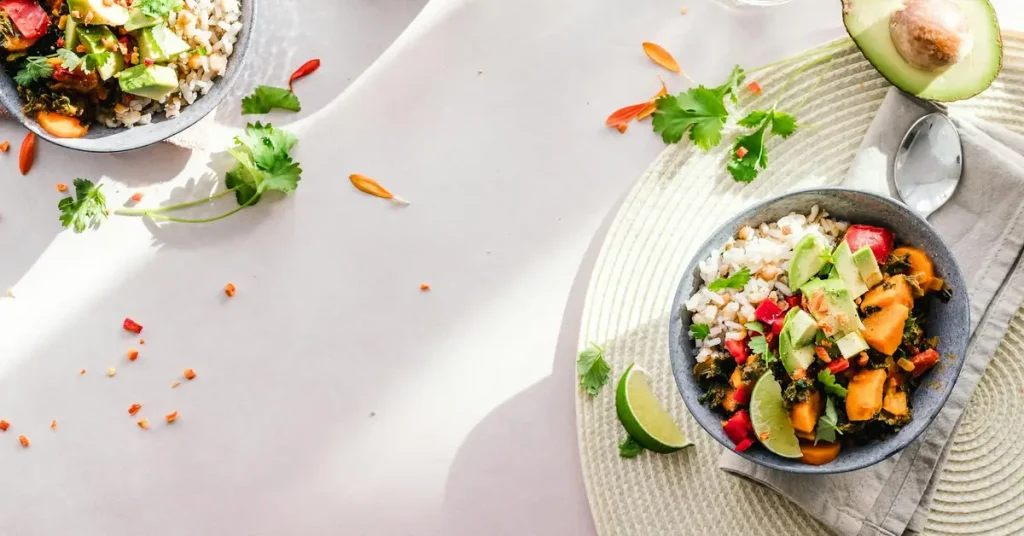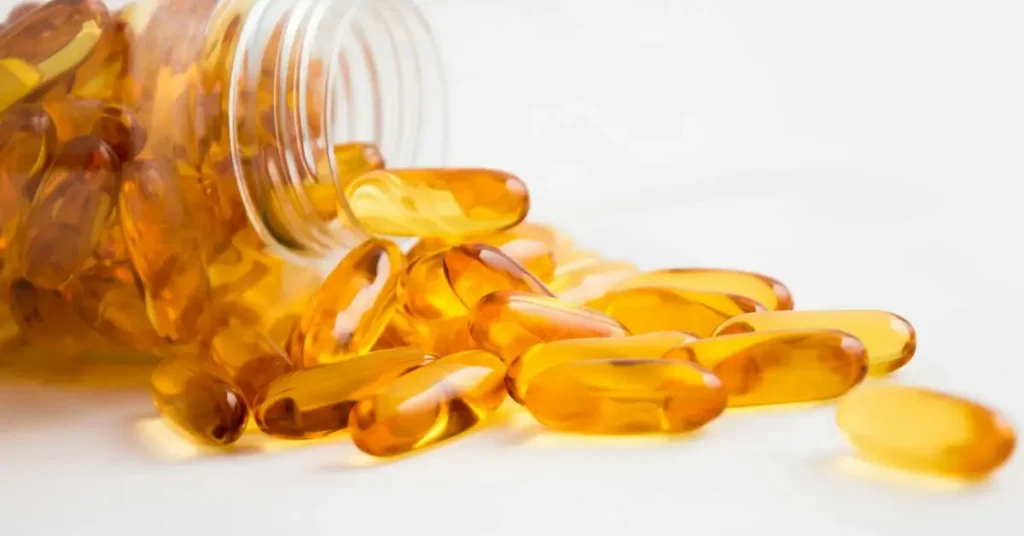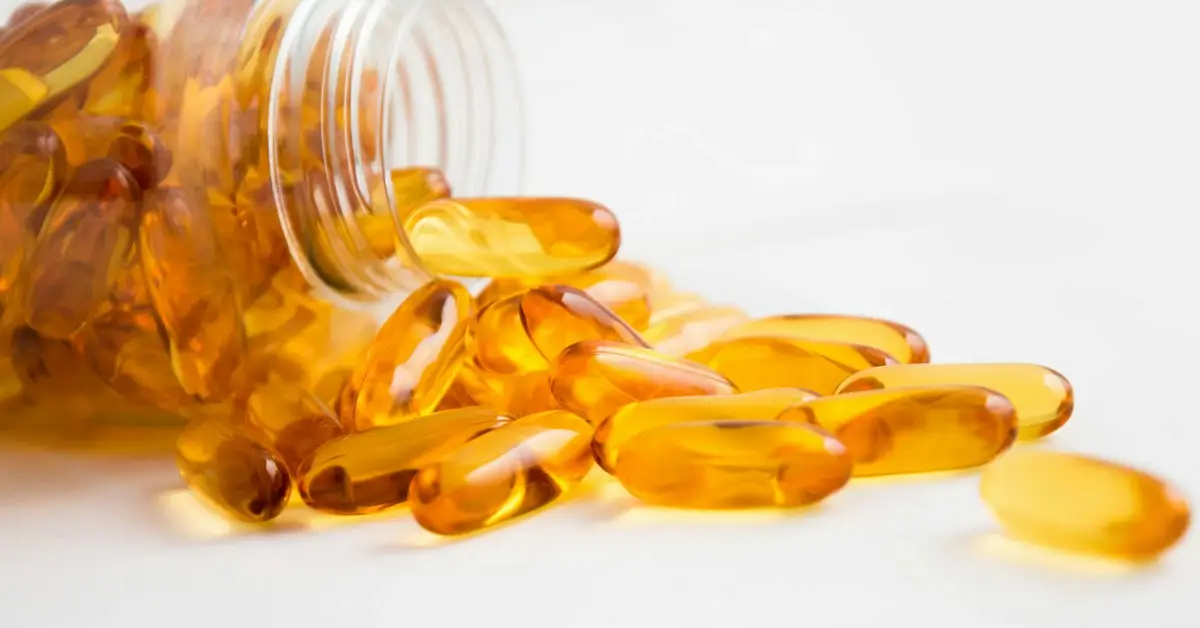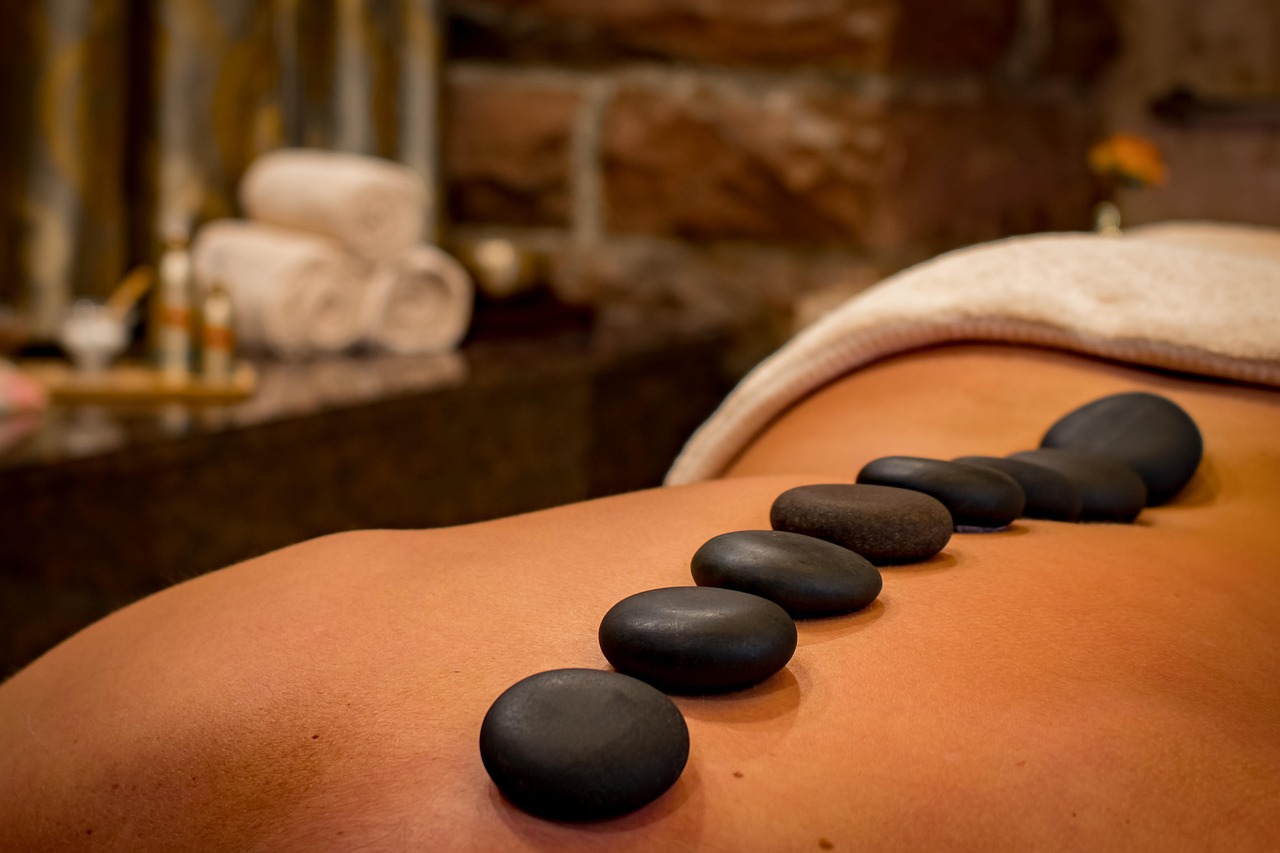Branched Chain Amino Acids (BCAAs) are a hot topic when discussing optimal nutrition for vegans, especially regarding protein needs in plant-based diets. You might already be getting sufficient protein from your vegan meals without even thinking about it. However, if you’re active—whether through intense workouts or daily activities—BCAA vegan powders can play a crucial role in your recovery. I’ve found that being mindful of my BCAA intake has significantly improved how I recover after exercise.

After researching, I realized that vegan BCAAs deserve more attention. Over several months of adjusting my diet while maintaining my fitness routine, I can definitely feel the benefits. While I’ve never struggled to build muscle, my physically demanding job—planting thousands of trees daily and using heavy machinery—leaves me feeling sore and exhausted by day’s end.
Although I appreciate vegan supplements, they shouldn’t replace a balanced diet. Since it’s not always easy for me to get enough BCAAs through food alone, I carry supplements with me for convenience, while still prioritizing whole food sources.
Key Insights About Vegan BCAAs
Understanding BCAAs
Proteins are made up of amino acids, which our bodies use to build the structures necessary for good health. There are 20 common amino acids: 11 non-essential, which the body can produce, and nine essential, which must be obtained through diet. BCAAs are three of these essential amino acids.
The Importance of BCAAs
The three BCAAs—isoleucine, leucine, and valine—are crucial for muscle growth and maintenance, with leucine being particularly vital for protein synthesis. Vegans may find it challenging to get these amino acids from food, as they are often found in red meat and dairy, making supplementation beneficial.
BCAAs are known for aiding recovery by reducing muscle inflammation and soreness, enhancing performance during workouts. Not getting enough amino acids can result in muscle tightness and fatigue.

How to Ensure Adequate BCAAs on a Vegan Diet
While animal products contain all essential amino acids, they aren’t the only or best sources of protein. To optimize muscle health, focus on plant-based protein sources.
Foods like tofu, tempeh, and edamame are excellent since they provide all essential amino acids. Combining pea, rice, and soy proteins can also yield complete protein, often delivering over 22 grams of protein per serving.
Many other vegan proteins—such as seeds, nuts, legumes, and leafy greens—also offer BCAAs. To ensure you’re getting all essential amino acids, combine various plant-based foods.
Some meals I love for muscle recovery include oatmeal topped with almond butter and fruit, smoothies with spirulina (a great source of vegan BCAAs), and my go-to easy dhal with rice.
In addition to protein and BCAAs, it’s crucial to supplement vitamins and minerals typically found in meat, like Vitamin B12, iron, and omega-3 fatty acids, to keep your body functioning optimally.
Considering Supplements?
Before deciding if you need a supplement, assess your situation. Are you working out regularly? Are you struggling to build or maintain muscle, or feeling unusually fatigued? If so, a high-quality protein powder can be beneficial alongside a healthy diet.
While specific BCAA supplements are available, studies suggest that a comprehensive protein powder containing all essential amino acids is often more effective for muscle support.
When choosing your vegan protein powder, check the label for a complete amino acid profile and pay attention to the amounts of leucine, isoleucine, and valine per scoop. Aim for a higher ratio of leucine—often recommended at 2:1:1—and ensure you get at least 5 grams of these combined per serving.





